Red Flag Warning Signs for Men’s Health

#1. Inability to lose weight and get toned
If you’re a male struggling to lose weight and maintain or put on muscle mass, and you’ve already skipped on the beer and burgers while incorporating a weight-bearing fitness routine, this could be a red flag.
Testosterone is the main male hormone responsible for maintaining metabolism and increasing muscle mass. This key male hormone is susceptible to imbalances as a result of diet, lifestyle, and environmental factors. A diet high in processed foods, sugar, and alcohol, especially combined with a sedentary lifestyle, can decrease testosterone, making it harder to maintain a steady metabolism and maintain or even put on muscle mass. The male hormone is also decreased by environmental factors, especially xenoestrogens. Xenoestrogens are found in personal care products (think cologne, body wash, and deodorant), commercially-raised meat, inorganic fruits & vegetables, tap water, and plastic. Since they are a type of exogenous estrogen, exposure ultimately causes hormonal imbalances in males, resulting in a decrease in testosterone and increase in estrogen, making it difficult to lose the extra pounds and show off the abs.
The good news is that testosterone levels can become balanced and xenoestrogens can be removed from the system with the right diet and lifestyle changes. Combining a clean eating regime with probiotic supplementation is proven to reduce harmful estrogens in the body, as well as rebalance the microbiome. This is important because hormones are excreted through the digestive tract. For extra support, incorporate a high quality, tolerable fibre, which binds out excess estrogen while supporting overall hormonal health. Bonus: healthy testosterone levels will not only help weight loss and muscle mass, but will improve sex drive too.
#2) Hair loss
Though genetics plays a role in male-patterned baldness, hair loss is actually greatly influenced by unhealthy testosterone-metabolites. A diet high in processed foods, sugar and alcohol can influence testosterone to metabolize into harmful forms, one being DHT (dihydrotestosterone). DHT is highest when the diet is poor, stress is high, and nutrients are low. Specifically, low zinc levels will increase DHT, ultimately causing more shedding. To lower DHT, it is imperative for men to eat a clean diet rich in zinc-containing foods, like eggs, oysters, beans, nuts, and seeds, especially pumpkin seeds, or supplement with a zinc containing, or zinc supplement. This is one of the most critical minerals to support men’s health.
#3) Struggle falling asleep + waking up through the night
Difficulty falling asleep and staying asleep is a sure sign that your health requires some attention. Though we’ve all been there, persistent sleep struggles are actually a sign of elevated cortisol at night. Cortisol is stress hormone that should be highest in the morning. It functions to help us get out of bed in the morning, not keep us from getting into bed at night. Cortisol will become imbalanced—causing it to become higher in the evening—when you’re experiencing work-related stress or other stressors, which can include food sensitivities, over-exercise, and poor dietary habits. Unfortunately, chronic elevations in cortisol can impact many areas of men’s health, including healthy testosterone balance, belly fat and hair loss, and even fertility. Managing stress is fundamental to decreasing elevated cortisol. Adopting an early morning meditation practice is proven to reduce cortisol, making for a better sleep at night. Balancing stress levels throughout the day through diet is also foundational. Balancing blood sugar with healthy fats, protein, and good quality vegetables will support healthy cortisol levels, especially during stressful times. If stress is still persistent, considering supplementing with magnesium bisglycinate and B vitamins, which will support your adrenal glands and sex organs through the stressful times.
The most important part is to be mindful of these red flags and if you see any of them starting to affect you or your workouts that you address them sooner rather than later. Prevention is a key way to stop a small problem from turning into a larger one. How do you make sure your health is in check? Let us know! Tag us on Instagram or Facebook. We are #ReflexNation.




